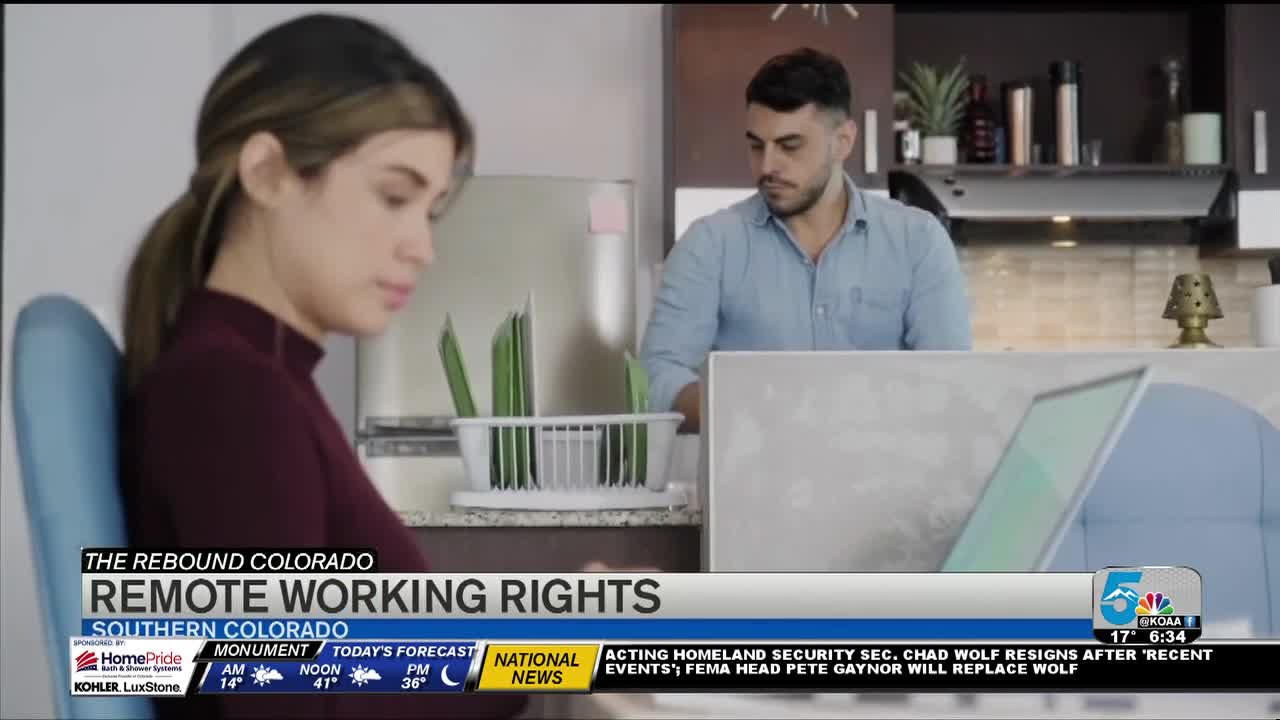COLORADO SPRINGS — As the vaccine rolls out, companies are making plans to return to work, but not a lot of people are on board.
A survey conducted by LiveCareer, an online resume and job search consulting service, found that 60 percent of professionals want to continue working from home after the pandemic.
The good news is, managers are acknowledging this preference, and are realizing many people will want to continue working remotely, and there's data to prove it.
Eisneramper, an accounting and consulting firm in Colorado, surveyed business executives and found six in 10 plan to let their employees continue to work remotely after the pandemic ends, with a third still undecided and only eight percent said they will require everyone to return to the office.
"We're seeing that play out in a couple of industries in particular," said Brian Kropp, the Chief of Research at Gartner HR Practice. "Financial services, banking, some of those places, some of those companies are saying they want all of their employees to be back in the workplace."
Kropp says most companies are likely to offer flexibility, but you should be aware that some businesses still have the right, and can make it mandatory, to come into the office.
If you would like to continue working from home, it's best to talk to your manager and be transparent about why you're hesitant, especially if it's a health issue.
"What you may be able to do is work with your manager and say, I want to work from home four days a week, but I'm willing to come in one day a week, or a couple of hours a week. Is there a way you can meet halfway in between?" Kropp asked.
While you are having this conversation, be sure to identify the periods in which it's actually necessary to be in the office, like certain meetings or events.



